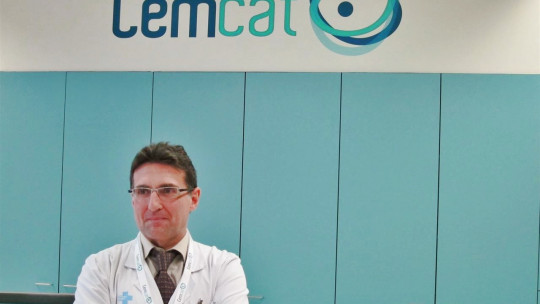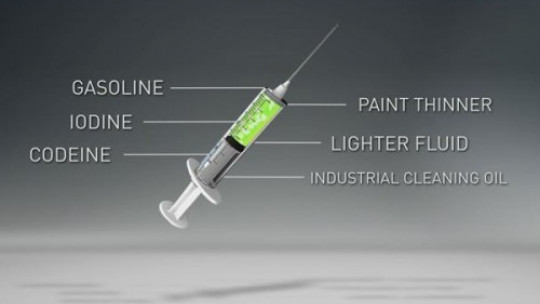The company Genentech belonging to Roche Groupannounced on September 27 that the clinical trial, in Phase III, of the experimental drug Ocrelizumab It has been satisfactory.
This medicine manages to delay the progression of primary progressive multiple sclerosis (PMS) by at least 12 weeks , in its initial phases. This subtype of multiple sclerosis (MS), which affects approximately 10 or 15% of the population with this disease, is a very aggressive pathology. To date there was no cure or treatment, but this multicenter study (internationally) with Spanish participation has shown the effectiveness of this drug, which could become the first and only therapeutic option for patients with this disease.
Until now there was no treatment for EMM
The study of this drug is called Oratory and has been led by the head of the Clinical Neuroimmunology Service of the Vall d’Hebron Hospital and director of the Multiple Sclerosis Center of Catalonia (Cemcat), Xavier Montalbán. In this study, the efficacy of the drug Ocrelizumab has been investigated in 732 patients with primary progressive multiple sclerosis and The main conclusion is that it manages to stop, for at least 12 weeks, the progression of the disability caused by the disease
Montalbán wanted to celebrate the discovery and declared:
“It is a truly historic moment. It is to the extent that it is the first time that a drug has been shown to be effective in controlling this type of neurological disease. It opens a window towards better knowledge and treatment of multiple sclerosis “
This medication is a monoclonal antibody designed to selectively attack CD20B+ cells that are believed to play a key role in destroying myelin and nerves, causing the symptoms of multiple sclerosis. By binding to the surface of these proteins, Ocrelizumab helps preserve the most important functions of the immune system.
What is Multiple Sclerosis?
The multiple sclerosis (MS) It is a neuroinflammatory disease that affects the central nervous system (CNS), both the brain and the spinal cord It is not known exactly what causes MS, but this pathology damages myelin, a substance that forms the membrane that surrounds nerve fibers (axons), and which facilitates the conduction of electrical impulses between them.
Myelin is destroyed in multiple areas, sometimes leaving scars (sclerosis). These injured areas are also known as demyelination plaques. When the myelinated substance is destroyed, the ability of the nerves to conduct electrical impulses to and from the brain is interrupted, and this produces symptoms such as:
multiple sclerosis affects women more than men Its onset usually occurs between the ages of 20 and 40, although cases have also been reported in children and the elderly. Generally, the disease is mild, but in more severe cases some people lose the ability to write, speak or walk.
In most cases this disease progresses in outbreaks, but in primary progressive multiple sclerosis, the disability worsens continuously and slowly over months or years, which is why it is considered a severe form of this pathology.
Phases of the clinical development of a drug
For a drug to be put on sale, a process must be followed to evaluate its effectiveness and safety, in this way it is avoided putting the lives of the people who are going to consume it at risk. The development of a new medicine is long and difficult, since Only two or three out of 10,000 pharmacological substances are ever marketed
When the drug has been sufficiently evaluated in in vitro models and animal studies (preclinical phase), research in humans begins, which is called clinical trials. Classically, the clinical development period of a pharmaceutical product is divided into 4 consecutive phases, but they can overlap. These are the phases that are part of the clinical trial:
Following the positive results in the Phase III clinical trial of Ocrelizumab, At the beginning of next year, European authorization will be requested to be able to market this medicine This usually takes about six months. From then on, each country will decide whether to allow the sale in its territory.









